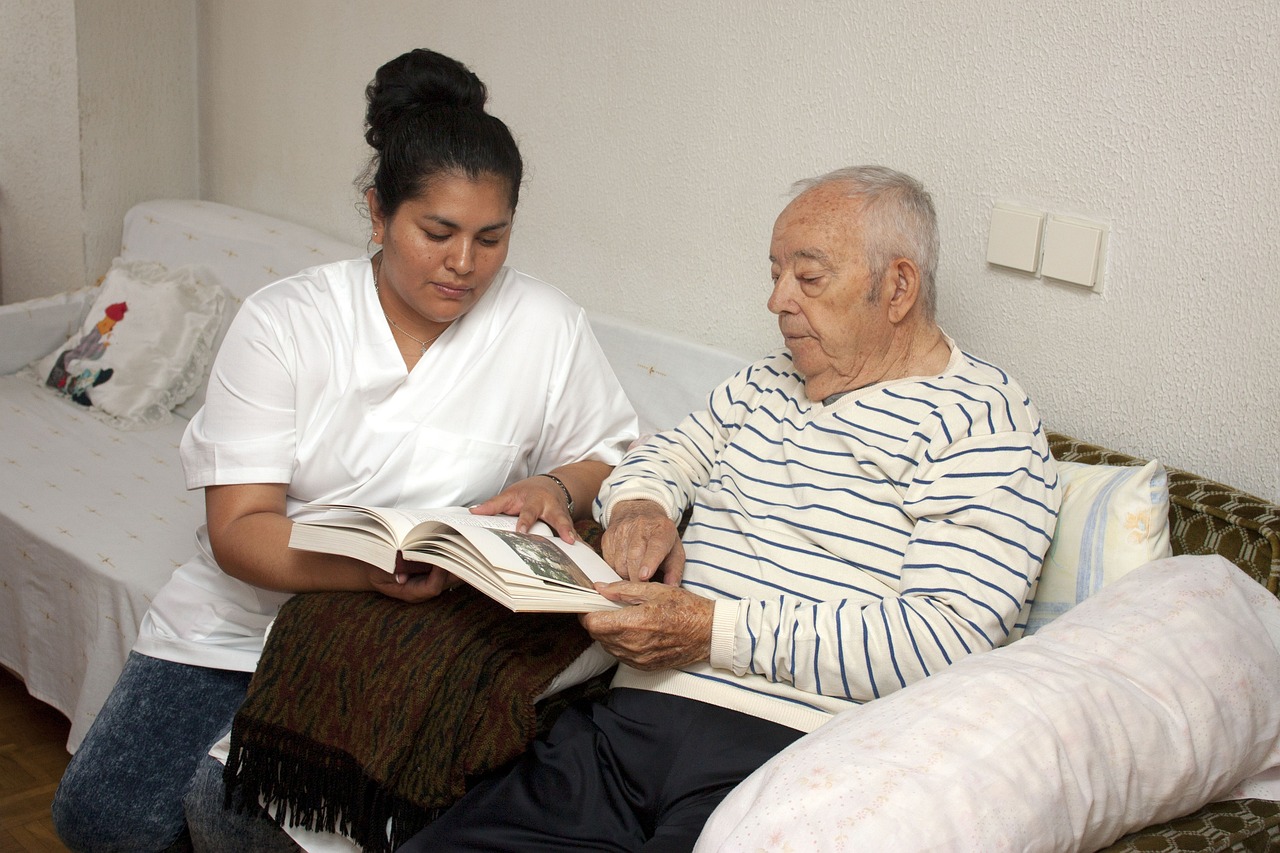Unsung Heroes: The Common Challenges of Formal Caregivers in Senior Care Homes
Formal caregivers in senior care homes play a vital role in providing compassionate care to elderly residents. Their dedication and hard work often go unnoticed, yet they face a myriad of challenges in their day-to-day responsibilities. In this blog post, we will shed light on some of the common challenges that formal caregivers encounter while caring for seniors in care homes.

- Heavy Workload
One of the most significant challenges faced by formal caregivers is the heavy workload. Caregivers are responsible for assisting residents with various daily activities, including bathing, dressing, feeding, medication management, and mobility support. The demanding nature of these tasks can be physically and emotionally draining.
- Limited Staffing and High Turnover
Many care homes struggle with understaffing issues, leading to a high caregiver-to-resident ratio. This can make it challenging for caregivers to provide individualized care and spend quality time with each resident. Additionally, high turnover rates within the caregiving profession can disrupt continuity of care and create additional stress for those who remain.
- Emotional Strain
Providing care to seniors often involves emotional challenges. Caregivers build close relationships with residents and may witness the decline of their health and cognitive abilities. Coping with residents' emotional ups and downs can be emotionally taxing, leading to caregiver burnout and compassion fatigue.
- Cognitive and Behavioral Issues
Seniors in care homes may exhibit challenging behaviors associated with conditions such as dementia and Alzheimer's disease. Caregivers must be equipped to handle these behaviors with patience and understanding, even when they are unpredictable and challenging to manage.
- Lack of Training and Education
Insufficient training and education can leave caregivers ill-equipped to address the complex needs of senior residents. Formal caregivers need ongoing training in areas such as dementia care, palliative care, and communication skills to provide the best care possible.
- Safety Concerns
Caregivers are responsible for the safety of residents, which can be particularly challenging when dealing with mobility issues, fall risks, and residents with aggressive behaviors. Ensuring a safe environment for all residents requires constant vigilance.
- Emotional Attachment
Caregivers often develop deep emotional attachments to the residents they care for. While this can be rewarding, it can also make it difficult to cope with loss when a resident passes away or transitions to a higher level of care.
- Limited Resources
Care homes may struggle with limited resources, including funding and access to medical equipment and supplies. This can hinder caregivers' ability to provide the best possible care and may lead to frustration.
- Balancing Administrative Tasks
In addition to direct care responsibilities, caregivers are often required to complete administrative tasks such as documentation and medication management. Balancing these administrative duties with hands-on care can be challenging and time-consuming.
- Communication Challenges
Effective communication with residents, their families, and other healthcare professionals is crucial for providing quality care. Caregivers may face language barriers, cognitive impairments in residents, or difficulties in conveying complex medical information.
Formal caregivers in senior care homes are indeed unsung heroes, providing invaluable support and care to elderly residents. While the challenges they face are numerous and demanding, their dedication to improving the lives of seniors is commendable. Recognizing and addressing these challenges, providing ongoing training and support, and advocating for the well-being of formal caregivers are essential steps in ensuring the best possible care for seniors in care homes. It's important to remember that the work of these caregivers is a vital part of providing compassionate and dignified care to our elderly population.